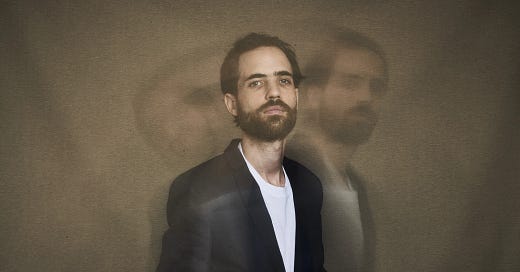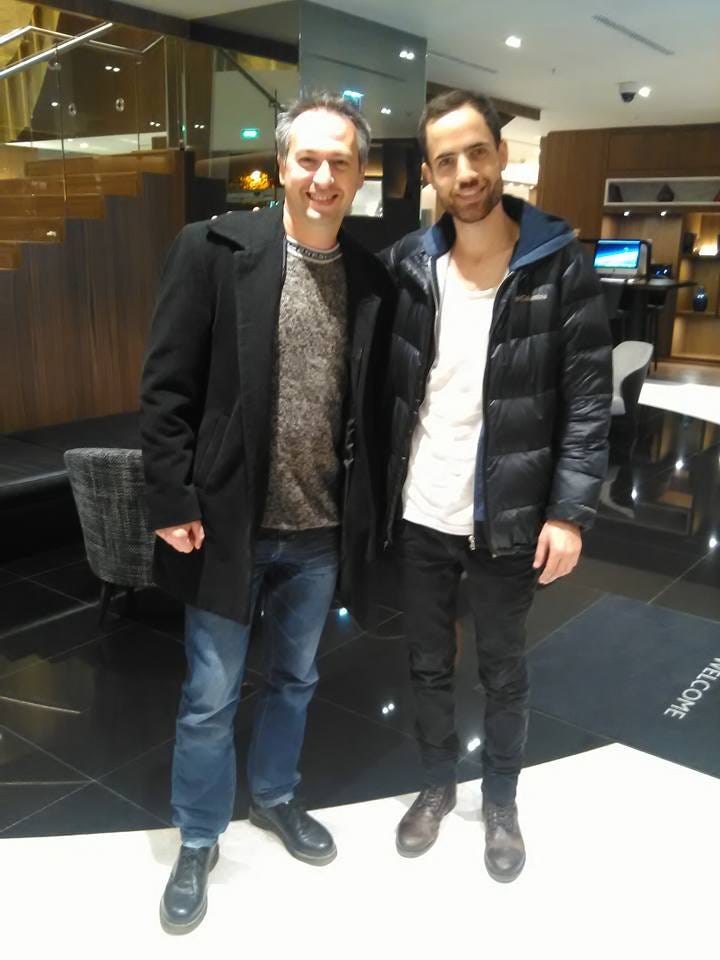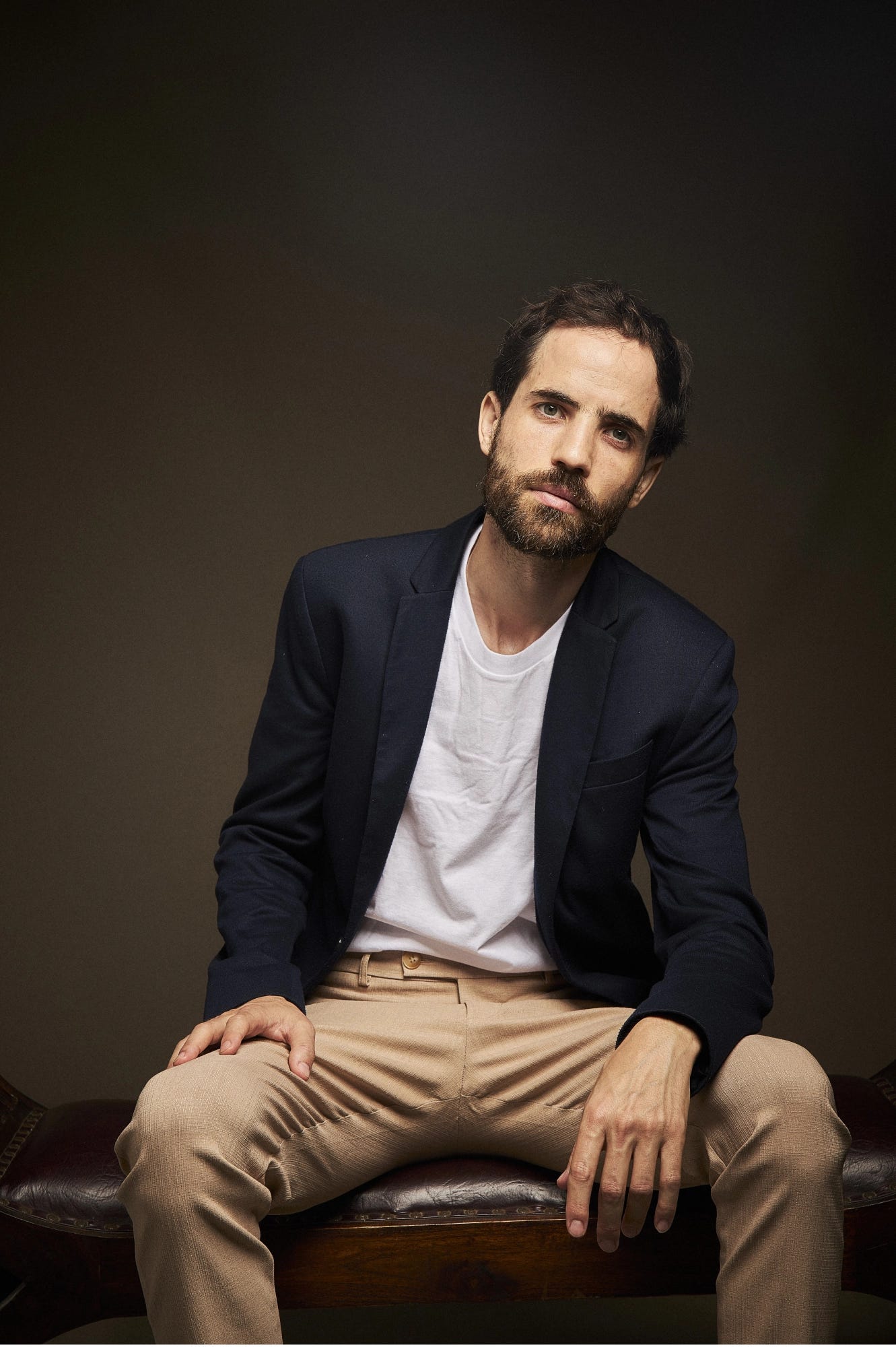Interview with Nitai Hershkovitz: I Like to Be Surprised by the Music
The pianist on jazz, collaboration, and trusting the moment
Welcome to Vintage Cafe. This is my little corner for sharing the music, books, films, art, travel, and stories I love. Each post is written with care, like a note to a friend. Think of it as chatting over coffee: no fuss, just things that caught my ear or eye, or made me smile.
This June marks three years since I started this page — three years of writing, reflecting, and connecting with kindred spirits like you. To celebrate, I’m offering 20% off the subscription for anyone who wants to join the inner circle. If you’ve been thinking about supporting the page, now’s a lovely time. You’ll get access to extra posts, deeper dives, and a bit more of the soul behind it all. However you’re reading — as a subscriber or a silent companion — I’m really glad you’re here.
When Israeli pianist and composer Nitai Hershkowitz walked onto the stage at Dom na Arm in Skopje for a solo concert, it wasn’t just another performance. It was a quiet, intimate conversation between a musician and his instrument—a reflection of a journey that began with classical roots and has evolved through jazz, electronics, and deep collaborations. Among those collaborations, his work with bassist Avishai Cohen stands out, especially on albums like Duende and From Darkness, where their musical dialogue feels both effortless and emotionally charged.
Born and raised in Israel, Hershkowitz’s early musical world was shaped by Mozart and Brahms before jazz opened up new possibilities. "I remember hearing Sonny Rollins for the first time and just being blown away by how free and expressive he was,” he recalls. That sense of freedom still drives him today, whether performing solo or creating with artists like Rejoicer and the genre-blending band Apifera. In our conversation, Hershkowitz speaks about trust in improvisation, the lessons of mentorship, and the balance between structure and spontaneity. He’s a musician who doesn't seek to impress, but to connect—honestly, openly, and with a sound that continues to grow.
Me and Hershkowitz
Growing up in Israel, what music resonated with you during your formative years? Were there specific artists or genres that shaped your early musical identity?
Yeah, growing up in Israel was kind of like living at a crossroads of cultures. I started out on the clarinet, actually, not the piano. I was drawn to classical music first—Mozart, Brahms, that kind of thing. But around 15, I switched to piano, and that’s when jazz really entered my life. I remember hearing Sonny Rollins for the first time and just being blown away by how free and expressive he was. That kind of energy opened something up in me.
And being in Israel, you also grow up with a mix of Middle Eastern music, traditional Jewish melodies, pop, folk—it’s all around you. I think that eclectic environment really shaped the way I think about music, not as a set of boundaries but as this living, breathing thing you can move through freely.
Upon moving to the United States, how did your musical tastes evolve? Were there new influences that significantly impacted your approach to music?
Definitely. When I moved to the States, especially spending time in New York, it was like stepping into the epicenter of everything I loved about jazz and contemporary music. Suddenly, I could hear people like Fred Hersch or Jason Moran live, and that had a huge impact on me. There’s something about the immediacy of the scene there, the density of talent, that challenges you to rethink your own approach.
I also found myself listening to more modern classical music, electronic stuff, and hip-hop. It was like this constant expansion of taste and awareness. The idea of blending influences became less of a concept and more of a natural state of being.
Can you share insights into your early musical education? How did studying with mentors like Dr. Menahem Weisenberg influence your development as a pianist?
Keep reading with a 7-day free trial
Subscribe to Vintage Cafe to keep reading this post and get 7 days of free access to the full post archives.







